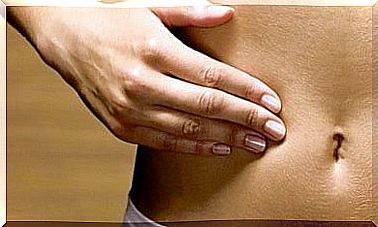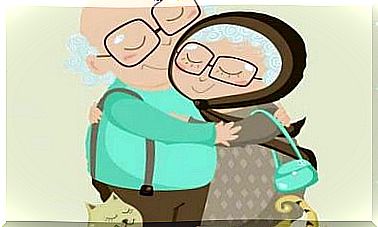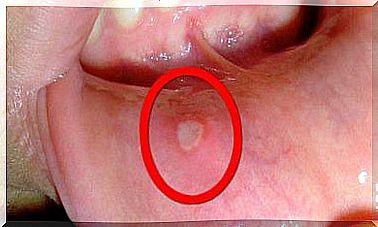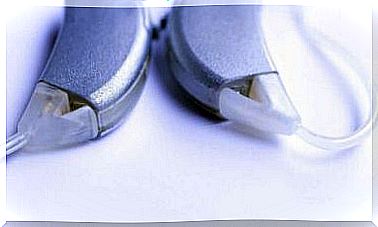Poor Sleep In Preschool Age Can Lead To Behavior Problems
Even if children often do not feel like having an afternoon nap. What is certain, however, is that children between the ages of 3 and 5 should sleep around 12 hours
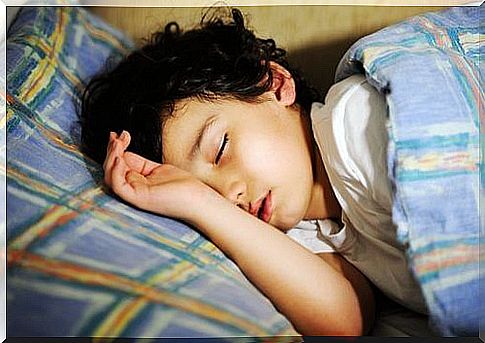
We all need adequate sleep. But this is particularly important for children in order to recharge their batteries at night, because poor sleep can have negative consequences.
Poor sleep can lead to behavioral problems in preschool children. Other health problems can also be the result.
Children who do not get enough sleep are more vulnerable and have difficulty absorbing information appropriately. They have less control over their emotions during their growth phase. In addition, they often suffer from an attention deficit.
A research group at the General Children’s Hospital in Massachusetts (United States of America) came to this conclusion. The results were recently published in the academic journal Academic Pediatrics .
How Much Sleep is Recommended for a Child?
Children between the ages of 3 and 5 should sleep between 10 and 13 hours. This also includes the afternoon nap. This recommendation comes from information from the American Academy of Sleep Medicine (AAMS).
The afternoon nap and its influence on the sleep behavior of children
Preschoolers tend to be very active and always on the move. Therefore, you should take a rest of at least one hour every day.
Even if they do not fall asleep, they can also use the afternoon nap to play quietly. So you can recover from the morning activities.
Advice on putting children to bed
- It is advisable to set a certain time for the night’s rest. Let the child know half an hour before going to bed so that they can prepare. 10 minutes beforehand, you bring it to your attention again.
- Children should not be given too much food or drink before bed.
- The bed should only be used for sleeping. The child should be used to not playing in bed or watching TV. The only thing that the bed is there is to relax and sleep.
- It is recommended that the child put on their favorite pajamas and let them choose their preferred toys to go to bed with. Especially when the child doesn’t feel like retreating to their room.
- One can specially prepare the surroundings of the room. For example, soft music, reduced lighting and a quiet voice help. Electronic devices or video games should also not be used for a while before going to bed.
The benefits of good sleep in children
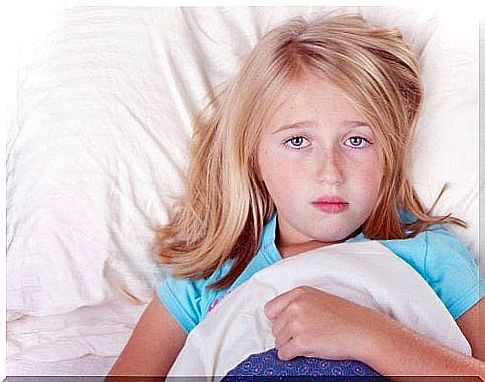
Getting enough rest and sleeping well is of great importance for physical and mental health. This is especially true for preschool age.
While children sleep, their brains come to rest. The whole body relaxes and the next day you are full of energy again. You are rested and active again.
Children who sleep longer are significantly more attentive and have better reflexes. They can regulate their emotions better and are more successful in school.
In addition, they are less irritable and of course less tired.
The problem of display devices
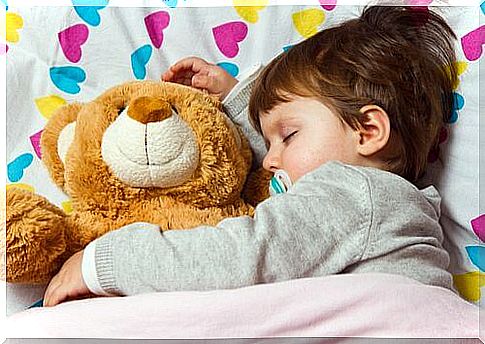
Poor sleep is often due to the use of digital media. In addition, many children do not have fixed sleep times.
- There are various display devices (TV, cell phone, computer, etc.) that lead to great distraction. In some cases, the children even have their own electrical appliances in their room.
- As a result, they spend a lot of time in front of the screen instead of sleeping. When playing video games or on social networks, you quickly lose track of time.
Insufficient or poor sleep in children can have serious consequences, but this problem has a very simple solution. Often it is enough to introduce small changes in the everyday life of the children. A half hour longer sleep can make a big difference.
Attention deficit
For example, a sleep deficit can lead to poor school performance or behavioral problems.
The consequence of this could be attention deficit disorder (ADHD). Affected children are constantly excited and completely unbalanced throughout the day.
Specialists in this field believe that getting enough sleep can solve many difficulties. This also improves behavioral problems associated with a lack of sleep.
